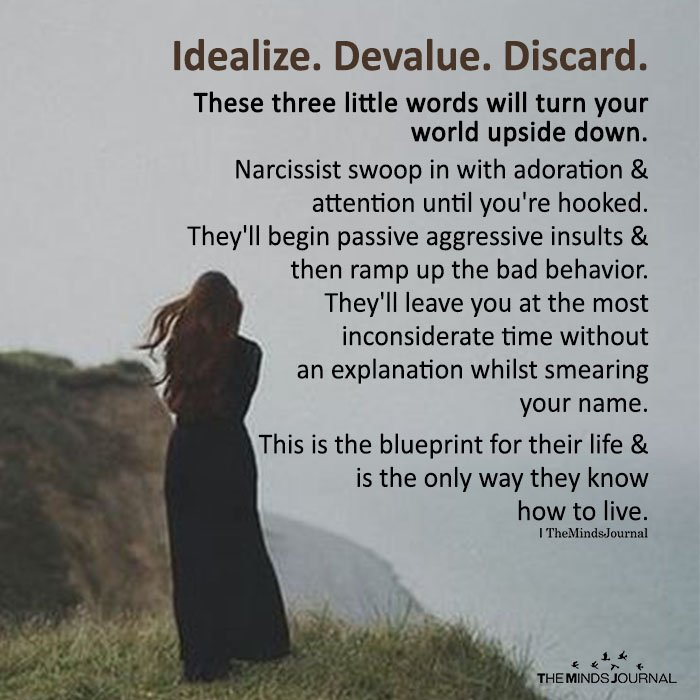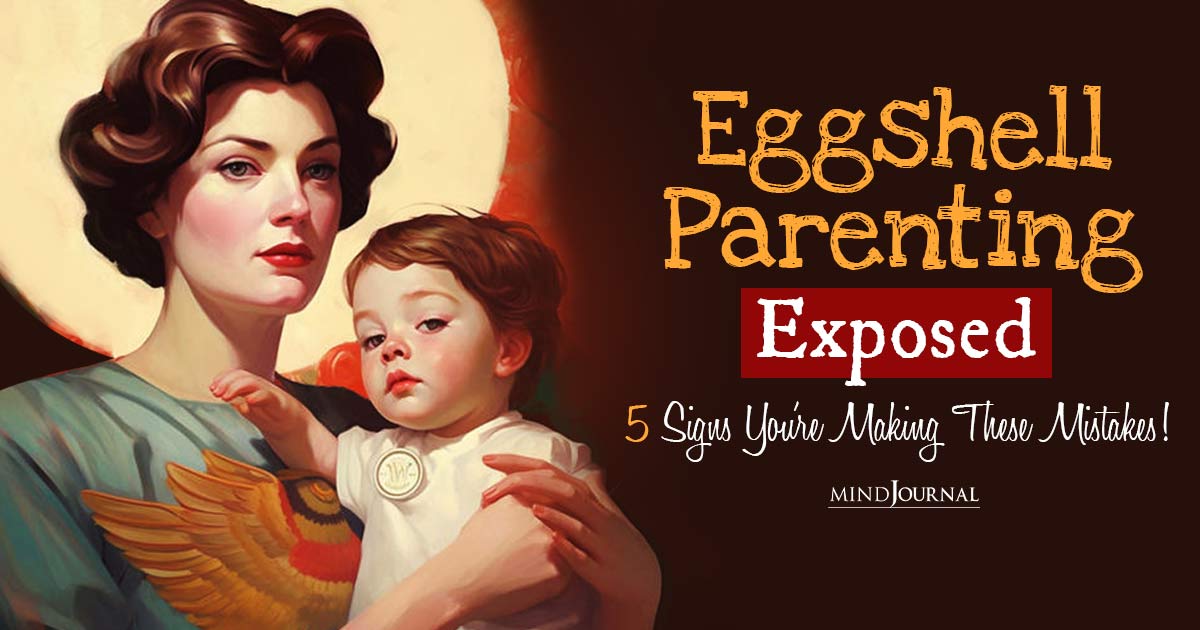Are you in love with someone who has a personality disorder? What to expect from a relationship with someone who has BPD, NPD, or SPD.
Written By Dr. Elinor Greenberg
KEY POINTS
1. People with personality disorders do fall in love. 2. They have leftover problems from childhood that make it hard for them to form stable intimate relationships. 3. People with borderline, narcissistic, or schizoid personalities have difficulty sustaining mutually satisfying intimate relationships. 4. People with personality disorders define love differently than others.
If you have ever been in a serious romantic relationship with someone with a borderline, narcissistic, or schizoid personality disorder, you probably ended up feeling puzzled, alone and rejected.
People with personality disorders find it very difficult to sustain a stable intimate relationship because they lack the necessary relationship skills and their expectations are ultimately unrealistic. What they long for in a relationship has more to do with what they missed in childhood than what a normal adult expects from another adult.
Note: In this post, I will be using the terms borderline, narcissist, and schizoid (or BPD, NPD, SPD) as shorthands in describing people who meet the full criteria for one of these personality disorder diagnoses.
What Is The Borderline Love Pattern?
Most of my clients with borderline personality disorder are very focused on finding romantic love and avoiding abandonment. Love is their Holy Grail. They are seeking as an adult what they did not get enough of during their childhood. As a result, they tend to view finding their true love as the ultimate answer to all of their life problems.
While my narcissistic clients are seeking to idealize or be idealized, my borderline clients are looking for the perfect mix of a romantic lover and a caring, devoted, and protective parent figure. Although there are a few different borderline love patterns, this is the most common one.
These borderline clients want to be coddled and comforted and be reassured as often as necessary that their mate loves them madly and will do anything to make them happy. Some of my borderline clients are so insecure that they devise complicated tests of their partner’s love for them. Many of these tests are so unreasonable that they actually drive away even the most devoted of lovers.
Related: How To Cope When Someone You Love Has BPD
Example—Suzi and the love proofs
My client Suzi was 26 years old, very attractive, and very unrealistic about dating and relationships. She had dated many men in her search for true love. None of these relationships worked out. Suzi blamed their demise on the men. She claimed that after the initial courtship, they made her feel unloved and abandoned.
Suzi started dating Ben, a wonderful man who was wildly in love with her. They appeared to be an excellent match and on the road to marriage. I was, therefore, taken aback when Suzi suddenly broke up with him and came into my office crying hysterically.
Here is an abbreviated version of our conversation.
Suzi: Ben doesn’t love me, so I had to break up with him.
Therapist: I thought he had asked you to marry him, and you were shopping for engagement rings. What happened?
Suzi: Well, I wanted to get married immediately. If we love each other, why should we wait? Ben said that was a big step and he wanted to get to know me better before we got married. He said that we needed to discuss some practical things first, like how we each envisioned the marriage going, how we would handle finances and pre-existing debts, and whether we both wanted children.
All I could hear was: “He does not love me enough to marry me.” When I confronted him with that, he tried to reassure me, but I no longer believed him. If he really loved me and I was the one, he wouldn’t have asked for more time. He wouldn’t have needed to talk about all of that stuff. I felt awful and abandoned and ugly and unloved. I left and said, “I never want to see you again.”
From this example, borderline love is highly impulsive and rarely practical. Practicality is seen as unromantic. Most of my borderline clients use splitting as a defense. In their mind either someone loves them unconditionally and proves it by doing everything they want (the all-good side of the split), or else they feel rejected and abandoned (the all-bad side of the split).
What Is The Narcissistic Love Pattern?
The narcissistic love pattern is almost entirely self-serving. It is all about what makes the narcissist feel good at the moment. No matter how devoted and in love narcissists claim to be, their feelings are actually quite shallow. The whole relationship is likely to fall apart as soon as the narcissist feels angry or disappointed with their new mate.

Here are the five basic stages of the usual narcissistic love pattern:
1. Infatuation
They become infatuated with someone they idealize and see as perfect.
2. Pursuit
They engage in a rushed and intense courtship aimed at quickly sealing the deal.
3. The “Construction Project”
They start to notice small flaws in the new partner and try and get the person to make changes. In the beginning, they are nice, but if they meet with resistance, they start to become angry.
4. Devaluation
If the person resists changing, they shift from nice to nasty.
5. Disinterest
They lose all interest in pleasing their partner and express this by abusing, ignoring, cheating on them, or discarding them.
Related: 12 Markers Of A Decent Man That You’ll Never See In A Narcissist
Here is a typical example:
Exhibitionist narcissist Marc fell hard for Rita. She appeared to be everything he wanted in a woman. She came from a classy, wealthy family, was petite and pretty, and had a great body. Everything was fine until they were dressing to go to a party with his friends for the first time.
Marc: Don’t wear pants. You have such great legs. Please wear that hot red dress of yours with high heels. I want every guy in the room to know I have the hottest girl in the room on my arm.
Rita: I am not really in the mood to show off my body tonight to a group of guys I have never met before. That feels weird. You know I prefer not to have everyone looking at my breasts and legs, instead of treating me like a real person.
Marc: Then do it for me. It will give me such pleasure. Don’t you love me and want to make me happy?
Rita: Of course. But not by dressing up like a sex doll.
They had their first serious fight. Marc said a lot of mean things to Rita. She ended up in tears and they never got to the party at all because Marc gave her an ultimatum: “Put on that dress or we are not going.”
Things went downhill from there and Marc started to regularly devalue Rita in an attempt to push her to give in more, and also because he was mad that she dared defy him. He eventually started cheating on Rita and left her for another woman who was happy to dress however he wanted and who allowed herself to be bossed around in ways that Rita had too much self-respect to allow.
What Is The Schizoid Love Pattern?
My schizoid clients are all afraid of intimacy. As small children, they were abused, neglected, or intruded upon by their caregivers. They were treated like things, not humans. By age 7 most of them had already decided that other people were untrustworthy and potentially dangerous.
To survive without becoming dominated and enslaved by other people, they had to find a way to leave home as soon as possible, become financially independent, and stay a safe distance away from other people—both emotionally and physically.
My more functional schizoid clients find a compromise that allows them to have a taste of intimacy and human connection without feeling trapped by the relationship. A common solution is to have partial relationships with people.
Here are some examples:
- They may date people who live so far away that they only can get together a few times per year.
- They may fall in love with someone who is married and unwilling to leave their mate.
- They may have vivid elaborate fantasies of someone they have only said “hello” to on the street.
- They may have one-night stands with people they never expect to see again.
- They may go in and out of the same relationship repeatedly. Starting the relationship when they feel attracted and safe, and dissociating emotionally or physically leaving when they start to feel unsafe or trapped.
Related: 12 Traits Of People With Schizoid Personality
Here is an abbreviated version of what the going in and out pattern looks like:
Year 1
Betty and my schizoid client Bill meet and fall madly in love. They see each other day and night for two weeks. They make plans for a vacation together. Suddenly, Bill gets scared and dissociates, and grows cold towards Betty. He finds some excuse to blame her and leaves the relationship. Betty is devastated. Bill is relieved.
Year 2
Bill works on the situation in therapy and realizes that he really cares about Betty. He decides to see if she is willing to try again. He persuades her to give him another chance by telling her that he is in therapy and realizes that their problems were probably all his fault. But, after a month of bliss, the same thing happens again. Bill leaves again.
Year 3
As soon as Bill is out of the relationship, he starts to miss Betty again. He sends flowers, gifts, apologies. Betty’s mother and her girlfriends are all tired of this guy and warn her not to fall for it a third time. She does. It ends the same way.
By year four, Betty is in psychotherapy and on anti-depressants. Her friends and family hate Bill and refuse to hear her mention his name. They are over him, but she is not. Bill did not mean to ruin her life and crush her dreams. He was only trying to protect himself.
Want to know more about schizoid personality disorder? Check this video out below!
Summary
Each of the three main types of personality disorders—borderline, narcissistic, and schizoid—has its own definition of love and its own set of relationship issues. If you are in love with someone with a personality disorder, it is best to assume that when they say “I love you,” they mean something different than you do.
Check out Dr. Elinor Greenberg’s book, Borderline, Narcissistic, and Schizoid Adaptations: The Pursuit of Love, Admiration, or Safety.
Written By Dr. Elinor Greenberg Originally Appeared On Psychology Today






Leave a Reply